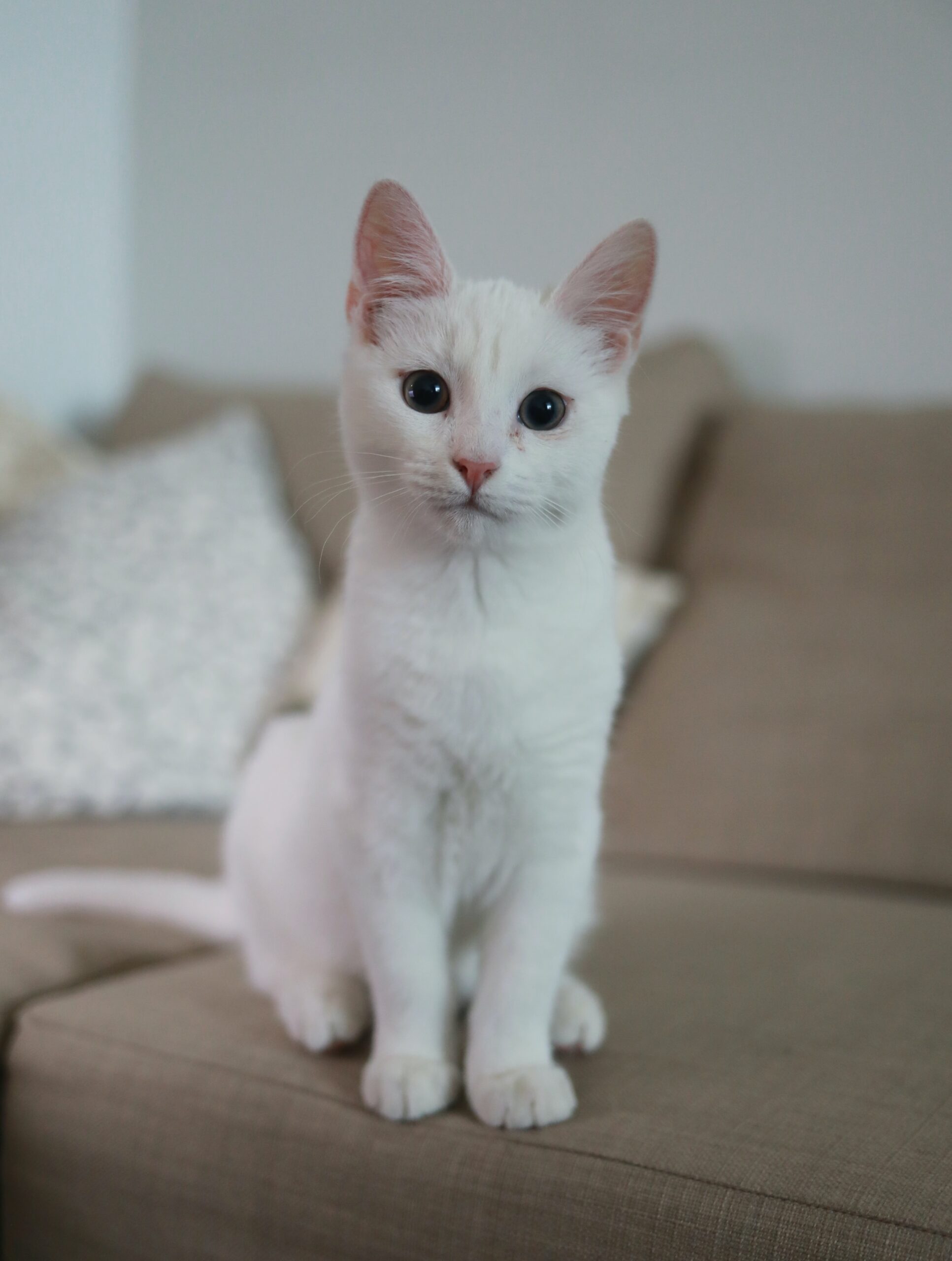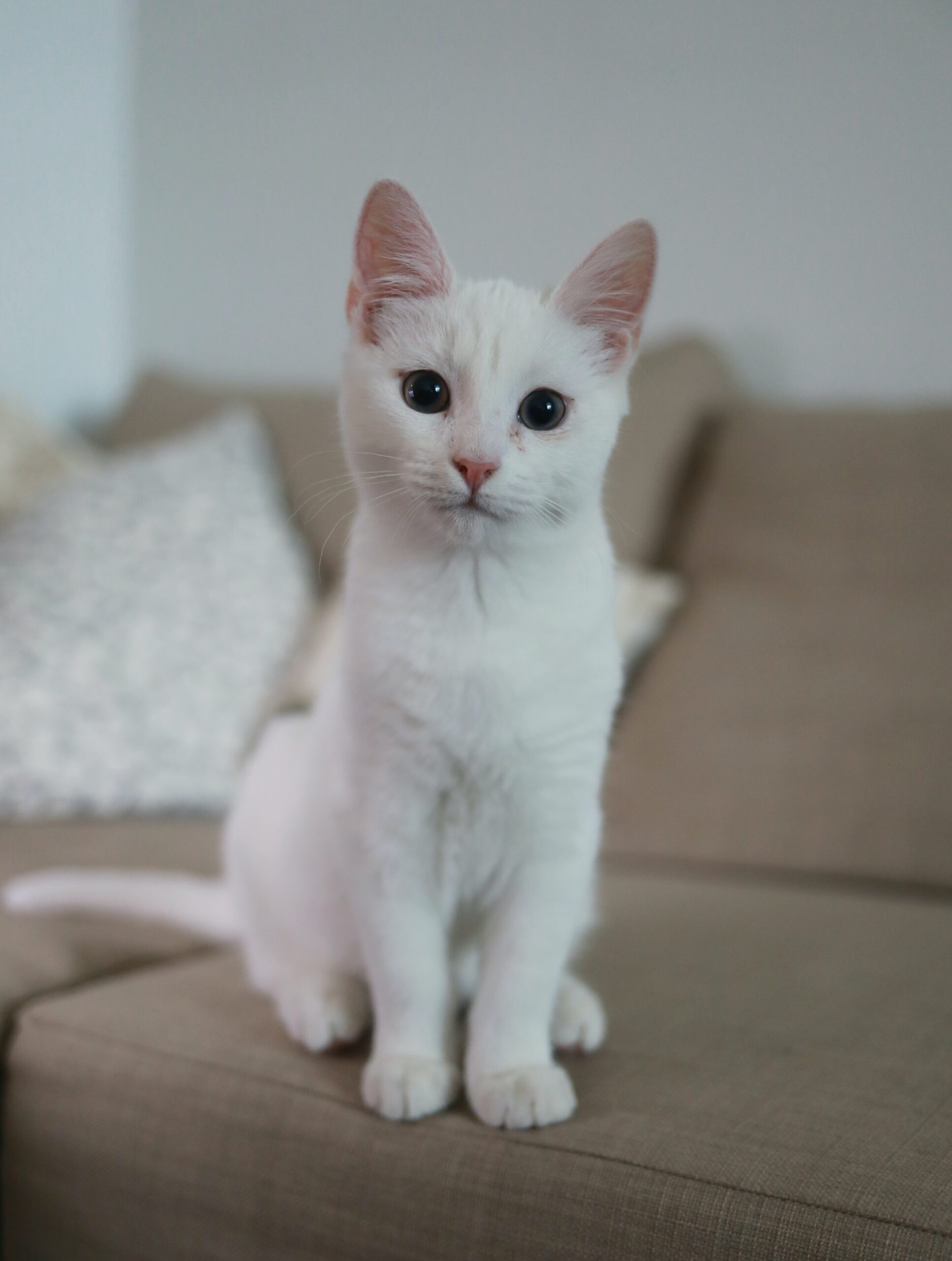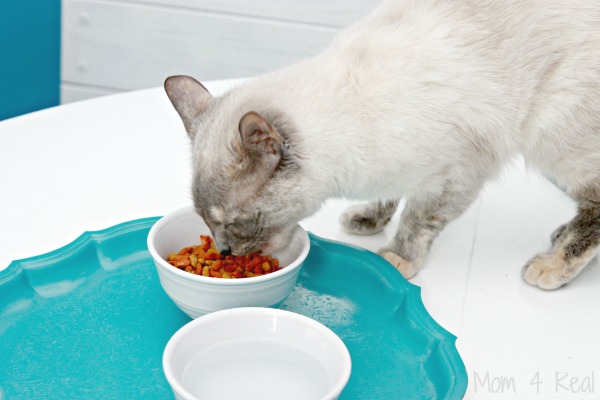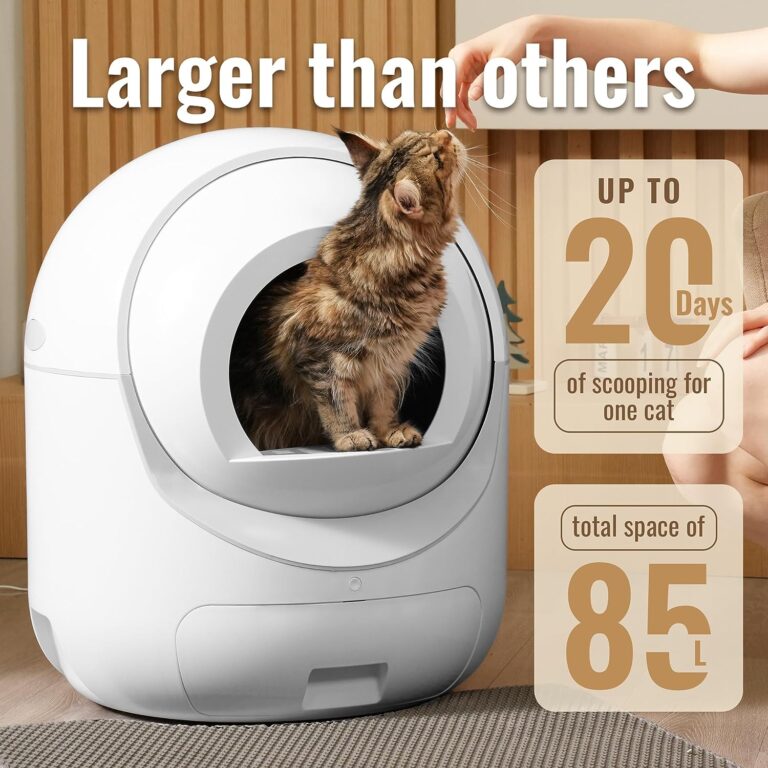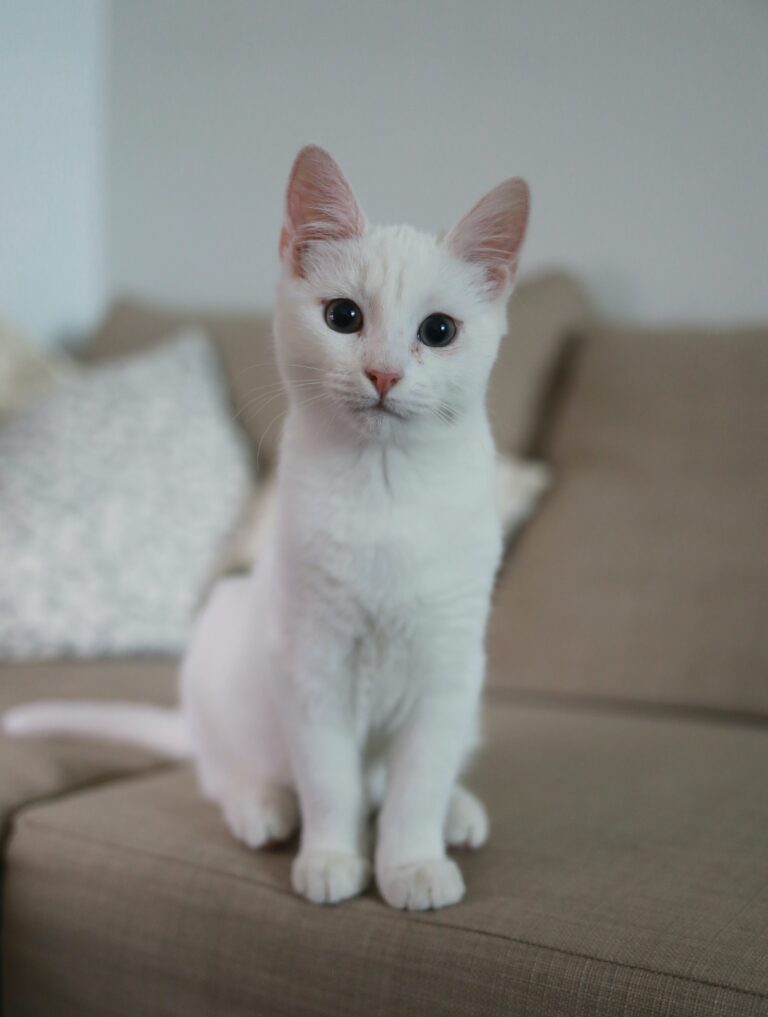How Long Does A Cat Hold A Grudge
I’ve always wondered about the mysterious nature of cats and how they perceive the world around them. One question that has perplexed me is how long a cat holds a grudge. Perhaps you’ve experienced a moment where you accidentally stepped on your cat’s tail or took away their favorite toy – and now you’re left wondering if they’re secretly plotting their revenge. In this article, we’ll explore the intriguing topic of how long a cat holds a grudge and uncover some surprising insights into their unique feline psychology. So, grab your cup of coffee and let’s dive into the mysterious world of our feline friends.
How Long Does a Cat Hold a Grudge?
As a cat lover and owner, I have often wondered how long cats hold grudges. Cats are known for their independent and sometimes mysterious nature, making it difficult to understand their emotions and behaviors. However, after doing some research and observing my own feline companion, I have discovered that cats do indeed hold grudges, but the duration can vary depending on several factors.

Factors That Influence Grudge Holding
Just like humans, cats have unique personalities and experiences that shape their behavior. Several factors can influence how long a cat holds a grudge:
1. Severity of the Offense
The severity of the offense committed against the cat plays a significant role in how long the grudge lasts. Cats have a good memory, and if they have been subjected to mistreatment, such as being handled roughly or experiencing pain, they are more likely to hold a longer grudge.
2. Bonding and Relationship
The bond and relationship between the cat and the person or animal that caused the offense can also influence the duration of the grudge. If the cat has a strong bond with the individual or animal, they may be more forgiving and let go of the grudge quicker. On the other hand, if the bond is weak or non-existent, the grudge may last longer.
3. Frequency and Repetition
If the offense is a one-time event, the cat may hold a grudge for a shorter period. However, if the behavior that caused the offense is repeated or occurs frequently, the grudge may last longer as the cat perceives it as an ongoing threat or discomfort.
Short-Term Grudges
Short-term grudges are usually held by cats for a relatively brief period, usually a few hours or up to a day or two. These grudges are often triggered by minor and temporary unpleasant experiences. For example, accidentally stepping on a cat’s tail or denying them attention when they want it may result in a short-term grudge.
During this time, the cat may exhibit signs of displeasure, such as avoiding the person, hissing, or swatting. However, with some patience and gentle gestures, most cats will eventually forget and forgive, returning to their normal behavior and affectionate selves.
Medium-Term Grudges
Medium-term grudges can last from a few days to a couple of weeks. These grudges are usually a response to more significant offenses, such as a sudden loud noise scaring the cat or a change in their environment. The cat may exhibit defensive behaviors, such as hiding, growling, or spraying.
To resolve a medium-term grudge, it is important to provide the cat with a calm and secure environment. Spend quality time with them, engage in interactive play, and create a routine that offers stability. By reinforcing positive experiences and avoiding similar triggers, the cat is more likely to let go of their grudge and return to their usual behavior.
Long-Term Grudges
Long-term grudges are the most challenging to deal with as they can persist for weeks, months, or even years. These grudges often stem from severe incidents, such as neglect, abuse, or a significant change in the cat’s life, such as a new pet or a new baby.
In cases of long-term grudges, patience and understanding are crucial. Building trust through consistent positive interactions, using positive reinforcement techniques, and providing plenty of love and attention can help to mend the relationship over time. However, it is important to remember that some cats may never completely let go of their grudge, and it is essential to respect their boundaries and allow them space when needed.
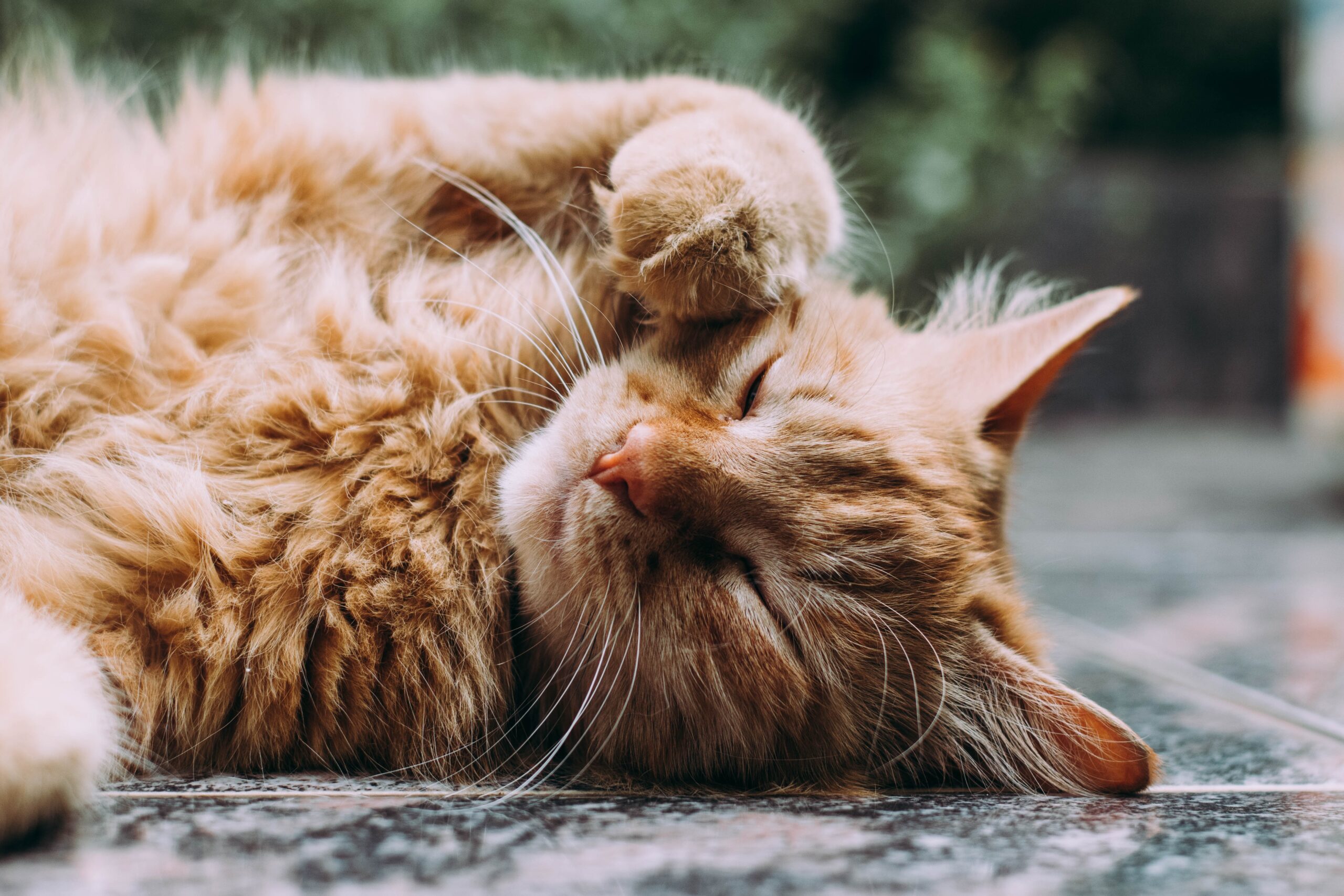
Grudge Resolution Techniques
Now that we understand the different types of grudges cats can hold, let’s explore some effective techniques for resolving these grudges and rebuilding the bond of trust:
1. Apology and Reconciliation
If you believe you have caused offense to your cat, offer a sincere apology. Cats are perceptive and can pick up on genuine emotions. Spend quality time with them, engage in play, groom them, and provide their favorite treats to show them your love and remorse.
2. Positive Reinforcement
Positive reinforcement is a powerful tool in resolving grudges. Reward your cat’s desirable behaviors with praise, treats, and affection. By associating positive experiences with you, the cat will gradually let go of their grudge and be more open to rebuilding the relationship.
3. Gradual Desensitization
For cats with long-term grudges, gradual desensitization can be beneficial. Gradually reintroduce the triggers that caused the grudge while providing a calm and positive experience. This technique helps the cat overcome their fear or negative association with the trigger and rebuild trust.
4. Professional Intervention
In some cases, seeking the help of a professional animal behaviorist or veterinarian specializing in feline behavior may be necessary. They can provide guidance tailored to your specific situation and offer expert advice on resolving the grudge and improving the relationship with your cat.
Tips for Avoiding Cat Grudges
Prevention is always better than cure when it comes to cat grudges. By following these tips, you can help avoid potential grudges and maintain a harmonious relationship with your feline friend:
- Treat your cat with kindness, respect, and gentle handling.
- Provide a safe and enriched environment that meets the cat’s physical and mental needs.
- Maintain consistent routines and minimize sudden changes to reduce stress and anxiety.
- Pay attention to your cat’s body language and provide them with personal space when needed.
- Avoid punishing or scolding your cat, as it can negatively impact their trust and result in grudges.
- Socialize and introduce your cat to new people and animals gradually, ensuring positive experiences.
- Offer mental stimulation through interactive toys, scratching posts, and play sessions to prevent boredom.
In conclusion, cats do hold grudges, and the duration can vary depending on the severity of the offense, bonding, and repetition. Short-term grudges can be resolved relatively quickly, while medium and long-term grudges require patience, understanding, and consistent positive reinforcement. By following these techniques and tips, you can mend the relationship and ensure a loving and harmonious bond with your feline companion.
